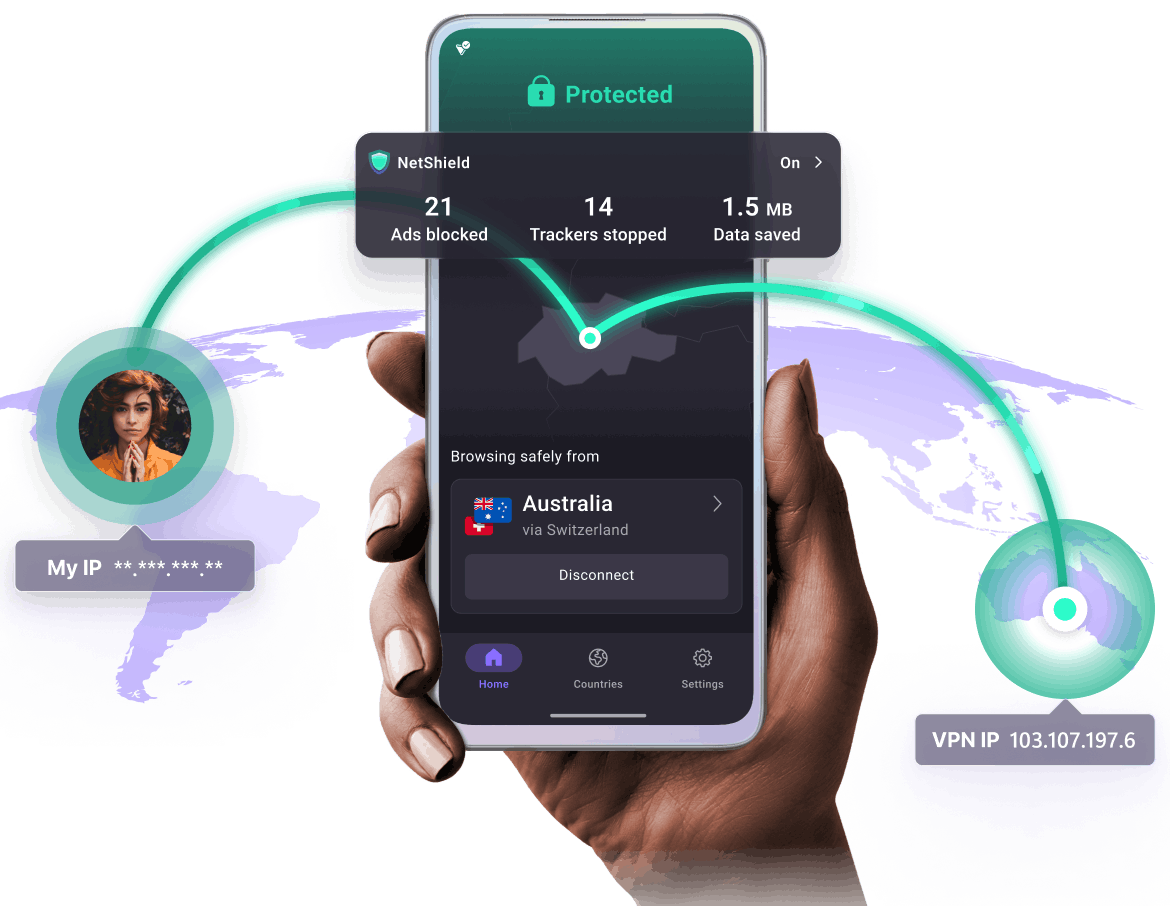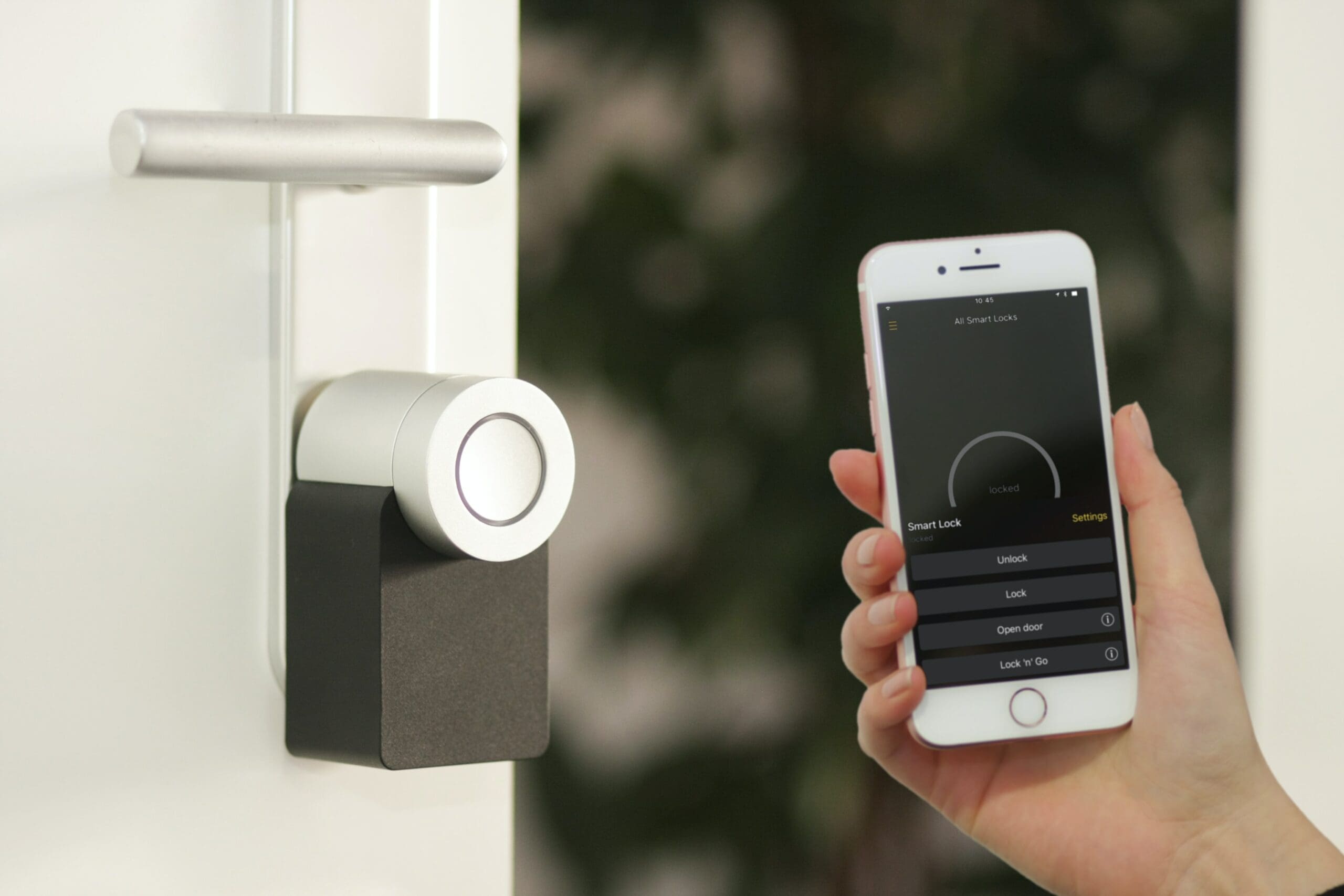The modern home is no longer just a physical space—it’s a complex network of interconnected devices vulnerable to sophisticated cyber threats. A 2023 Norton Cybersecurity Report reveals that the average household now has 22 connected devices, transforming home networks into potential goldmines for cybercriminals.
Home security has evolved far beyond traditional alarm systems and locked doors. Today, your network is the true front line of defense. Smart home devices—from thermostats and refrigerators to security cameras and voice assistants—create an intricate web of potential entry points for cybercriminals.
The risks are real and rapidly escalating. Hackers no longer need physical access to compromise your home; they can infiltrate your digital ecosystem through a single vulnerable device. A breached home network can expose:
- Personal financial information
- Private communications
- Sensitive family data
- Access to critical personal accounts
Your home security system is now more than just a protective barrier—it’s a comprehensive digital shield that requires constant vigilance, strategic planning, and proactive protection.
Table of Contents
Cybersecurity protocols to have in place with your home security systems
A cybersecurity protocol is an action or plan that protects your home from cyberattacks and data breaches. Hackers access your home network in various ways and steal private data stored on your computers. For example, they can utilize phishing emails, malware, smishing, insecure networks, or malicious mobile applications.
According to Darktrace, cyberattacks that targeted remote workers in the last 18 months were initiated through phishing emails. In addition, such attack methods skyrocketed from 12 percent (before COVID-19 lockdowns) to over 60 percent (six weeks following COVID-19 lockdowns).
Consider these cybersecurity protocols when looking to purchase a home security system:
Two-factor Authentication and Password Managers
Most hackers gain access to people’s data because of weak passwords. For example, many people use their names and birth dates as their passwords, and they’re easy to crack if the hacker knows your name and birthday.
A password manager helps you generate strong passwords that hackers cannot guess. In addition, you can leverage two-factor authentication (2FA) to confirm your identity.
According to Duo, users who implement 2FA for additional protection increased from 28 percent in 2017 to 53 percent in 2019. In other words, users understand the importance of 2FA, as do home security system manufacturers who have deployed 2FA security controls into their products.
Proactive Firewalls
Proactive network-based firewalls with advanced threat defense can enhance your home’s security resilience. For example, a proactive network-based firewall system can detect and block network intrusion attempts and viruses, and generate alerts for unsolicited access.

Reputable VPN
A virtual private network (VPN) is a secure and easy way to create a safe network environment. VPNs encrypt everything that happens on your network and can hide your browser history, IP address, and your precise location. As a result, no one can see what you are doing. Above all, this protected security layer creates a private communication channel.
Prepare today for peace of mind tomorrow.
Get occasional tips about keeping your family and home safe — delivered to your inbox.
Tips for Securing Your Home Network
A 2023 Cybersecurity and Infrastructure Security Agency (CISA) report highlights a critical reality: home networks are increasingly becoming primary targets for cybercriminals. With the average household now hosting over 20 connected devices, securing your digital ecosystem is more crucial than ever.
1. Masterful Access Control Management
Implementing robust password strategies is your first line of defense:
- Use an automated password manager like 1Password
- Generate unique, complex passwords for each device and application
- Enable two-factor authentication wherever possible
- Avoid using default manufacturer passwords
Passwords are the keys to your digital kingdom. A password manager does more than generate complex strings of characters—it creates a comprehensive vault that encrypts and protects your digital credentials. By using unique passwords for each device and service, you prevent a single breach from compromising your entire network.
2. Continuous Software Updates: Your Digital Immune System
Software updates are not mere inconveniences—they’re critical security patches:
- Enable automatic updates on all devices
- Regularly check for firmware updates on network equipment
- Update smart home devices, routers, and security systems
- Pay special attention to older or legacy devices
Cybercriminals actively seek out vulnerabilities in outdated software. Each update closes potential security holes, introduces new protective measures, and ensures your devices have the latest defense mechanisms. Think of updates as ongoing maintenance for your digital home’s security infrastructure.
3. Comprehensive System Backup Strategies
Data protection goes beyond preventing breaches:
- Implement cloud-based automatic backups
- Use external hard drives for offline storage
- Encrypt backup files
- Test your backup and recovery processes regularly
A robust backup strategy ensures that even if a cyber incident occurs, your critical data remains safe and recoverable. Consider multiple backup methods—cloud storage for convenience, physical drives for additional security—to create a comprehensive data protection approach.
Pro Tips for Advanced Home Network Security
- Segment your network: Create separate networks for IoT devices
- Use a VPN for added encryption
- Implement network-level security with advanced router settings
- Regularly audit connected devices
The Sobering Statistics:
- 54% of home networks have at least one vulnerable device
- Households with multiple IoT devices are 3.5 times more likely to experience a cyber incident
- Proper network segmentation can reduce breach risks by up to 70%
Your home network is more than a collection of devices—it’s a complex ecosystem that requires strategic, ongoing protection. Cybersecurity is no longer optional; it’s an essential aspect of modern home management.
Stay vigilant, stay protected.



